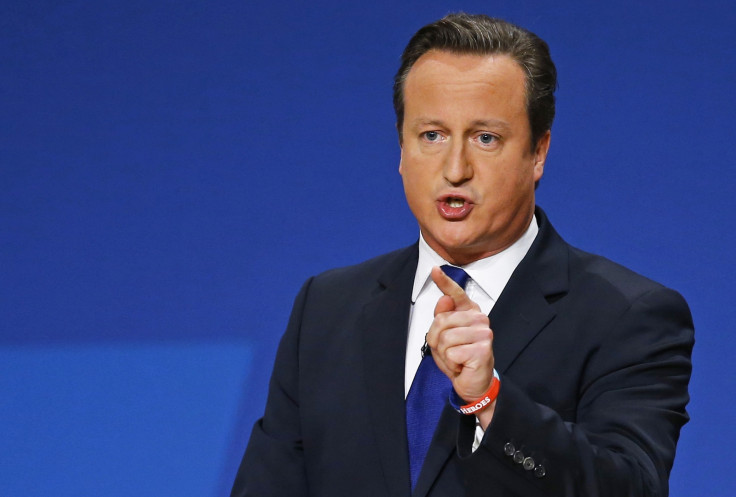Prime Minister David Cameron to Abstain on UK Vote to Recognise Palestine

British Prime Minister David Cameron is to abstain in the symbolic vote on the recognition of Palestine as a state, his spokesman has confirmed.
The British leader's spokesman added that the outcome of the vote in Parliament will not alter the government's policy.
"I've been pretty clear about the government's position and it won't be changing," Cameron's spokesman said ahead of the debate.
Over 130 countries currently recognise Palestine but many EU countries do not. Sweden became the first member of the European Union to officially recognise the state of Palestine earlier this month.
Britain's current policy towards the issue is that it "reserves the right to recognise a Palestinian state bilaterally at the moment of our choosing and when it can best help bring about peace".
Ed Miliband has insisted Labour MPs who turn up to the parliamentary vote on Monday 13 October must support the motion that will recognise Palestine as an independent state.
To avoid an open split within the party, MPs who are opposed to the party line have been urged to stay away from the vote.
In contrast, the Conservatives have given their backbench MPs a free vote but have also encouraged ministers to stay away.
The motion, issued by a group of backbench MPs, is a reaction to the seven-week Gaza conflict in which 2,100 Palestinians and 73 Israelis were killed.
The Board of Deputies, which represents British Jews, criticised the move as a hindrance to any further peace negotiations.
"The Israeli Government, the Board of Deputies and the vast majority of British Jews support a two-state solution, which of course will require recognition of a Palestinian state. The question is how this is best achieved.
"While recognising the motion before the House as a symbolic statement of intent - with which many supporters of Israel will have sympathy - its likely effect is to retard the negotiations, actually setting back the cause it seeks to promote.
"We urge all those that want to demonstrate their support for Palestinian statehood to do so - rather than by supporting this motion - by pressing for the resumption of serious negotiations."
The former British international development minister Alan Duncan has criticised London for failing to recognise Palestine.
"What is it about Palestine that stops the decent world saying that they are entitled to be a country like any other?
"We recognised Israel in 1948 after a rather nasty civil war there and now for too long Palestine has been occupied, they are living a miserable life, the Israelis illegally are continuing bit by bit to build on land which is not theirs and it is high time the world recognised Palestine as 134 out of about 160 countries have already done in the United Nations."
The UN general assembly voted on the de facto recognition of Palestine as a sovereign state in 2012 but the West Bank remains under occupation and Israel maintains a land, sea and air blockade over the Gaza Strip.
© Copyright IBTimes 2025. All rights reserved.





















